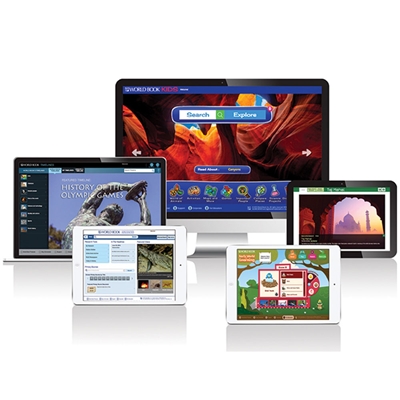Top image: On March 18, 2017, England’s Anthony Watson (in white) and Jared Payne of Ireland compete for a high ball during Ireland’s 13-9 victory at Aviva Stadium in Dublin, Ireland. Credit: © Shaun Botterill, Getty Images
On Saturday, March 18, the Irish men’s national Rugby Union team defeated the English team 13-9 at Aviva Stadium in Dublin, Ireland. The win was satisfying for Ireland and the majority of the 51,700 fans in attendance, but it was England that still came out on top, winning its second-straight Six Nations Championship title. The Six Nations is an annual tournament that also includes the national rugby teams of France, Italy, Scotland, and Wales. The popular rough-and-tumble tournament is one of the biggest outside the Rugby World Cup (last won by New Zealand—in England—in 2015). The Royal Bank of Scotland (RBS) has sponsored the tournament—officially called the RBS 6 Nations—since 2003.
Ireland controlled the first half of Saturday’s match. The Irish players kept the ball in their hands 74 percent of the time, clamped down on England’s bruising offense, and scored the day’s only try (akin to a touchdown in American football) en route to a 10-3 halftime lead. Ireland held on during a grinding second half to secure the 13-9 win and second place in the tournament. Irish forward Peter O’Mahony—a last-minute starter because of an injury—won the man of the match award as the game’s outstanding player.
It was England, however, that dominated this year’s Six Nations, barely missing the so-called Grand Slam (an undefeated tournament). If Ireland had not happily stepped in the way, England would have won its second-straight Grand Slam, a difficult feat last accomplished by France in 1997 and 1998. Back then, it was only the Five Nations tournament (Italy joined the fray in 2000), so England’s back-to-back Grand Slam titles would have been the first in the modern Six Nations era. Alas, it was not to be. Saturday’s defeat also prevented England from setting a new record with its 19th consecutive Test match victory. Test matches represent the highest level of international rugby competition. England instead remained tied with New Zealand’s powerful All Blacks for the all-time record of 18 straight Test wins.
The Six Nations tournament began as a competition among the British “Home Nations” of England, Ireland, Scotland, and Wales in 1883. The 1910 addition of France made it a Five Nations Championship. France bowed out of the tournament in 1932, and the tournament halted altogether during World War II (1939-1945). But the competition returned—with France included—in 1947. Since the modern Six Nations format began in 2000, England has now won the tournament six times. France is second with five championships. Wales has four Six Nations titles, and Ireland has three. Scotland and Italy have yet to win the Six Nations.
Within the Six Nations tournament, other team awards—aside from the championship and Grand Slam—include the Triple Crown, which goes to any Home Nation team that defeats the other three in a given year. The worst team in the tournament “wins” the Wooden Spoon each year. Individual nations also swap annual trophies. The Calcutta Cup goes to the winner of the England-Scotland match. Scotland and Ireland play for the Centenary Quaich (a quaich «kwaykh» is a ceremonial drinking cup), while Ireland competes with England for the Millennium Cup. France and Italy play each year for the Giuseppe Garibaldi Trophy.
Untitled Document Can't view the linked articles? Subscribe to World Book Online

World Book Online delivers a progressive sequence of core databases supported by supplemental
tools, such as language translation, graphic organizers, and unique Webquests. Moving from
Early World of Learning to World Book Advanced, World Book Online aligns end-users with their
appropriate learning levels. Each stand-alone site provides additional features to support the
needs of users’ specific capabilities.
The World Book Difference
World Book combines cutting-edge technology with traditional editorial excellence to produce
authoritative, trustworthy, and unbiased content. The digital content is updated in real time and
carefully curated for each learning level. Accessible 24/7, the content is available on a variety of devices.
World Book Online combines 21st-century instructional techniques with timely information.
By breaking down complex topics and using easily understandable text, World Book Online helps to
build fluency and increase comprehension. Featuring single sign-on capability, these sites are paired
with highly visual content to engage even the most reluctant reader. Our collection of resources kindles
a lifelong learning experience for every user. This adherence to clarity, currency, and accuracy makes
World Book’s digital offerings an information hub for the classroom, library, and beyond.